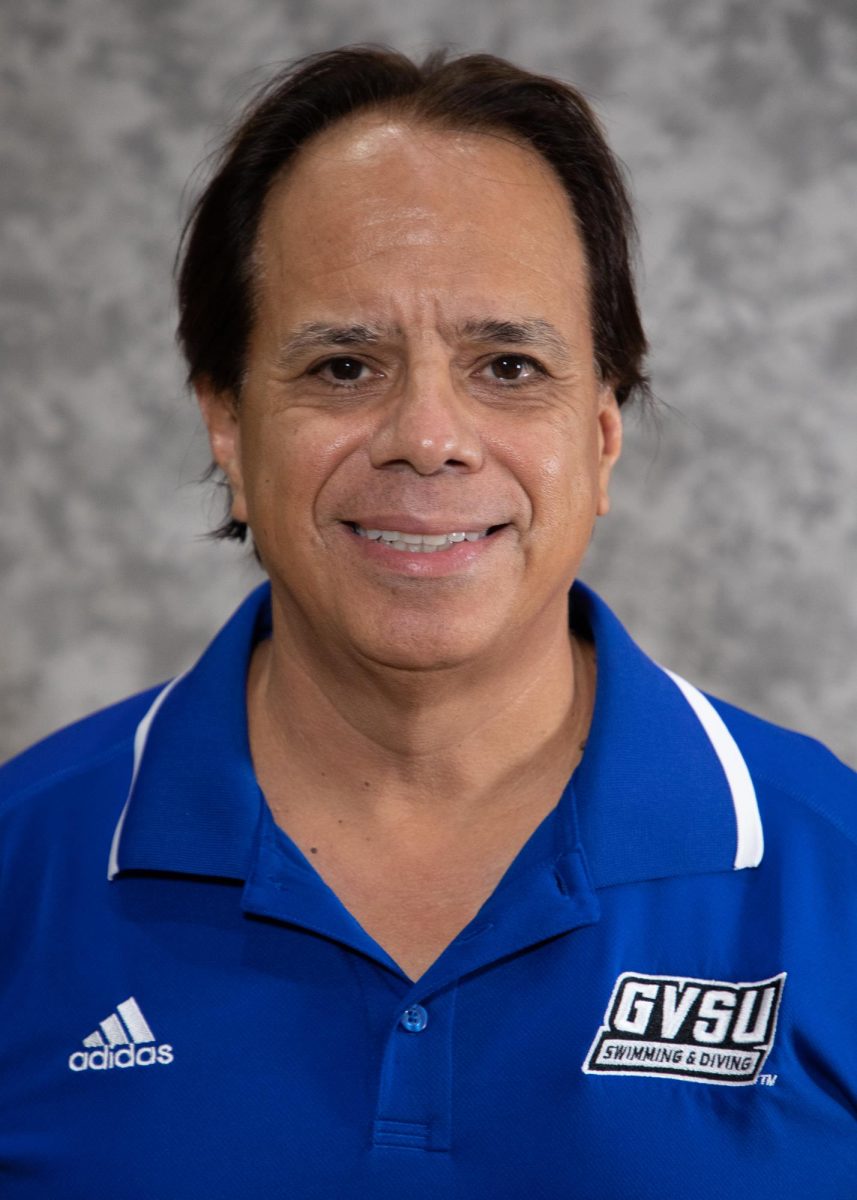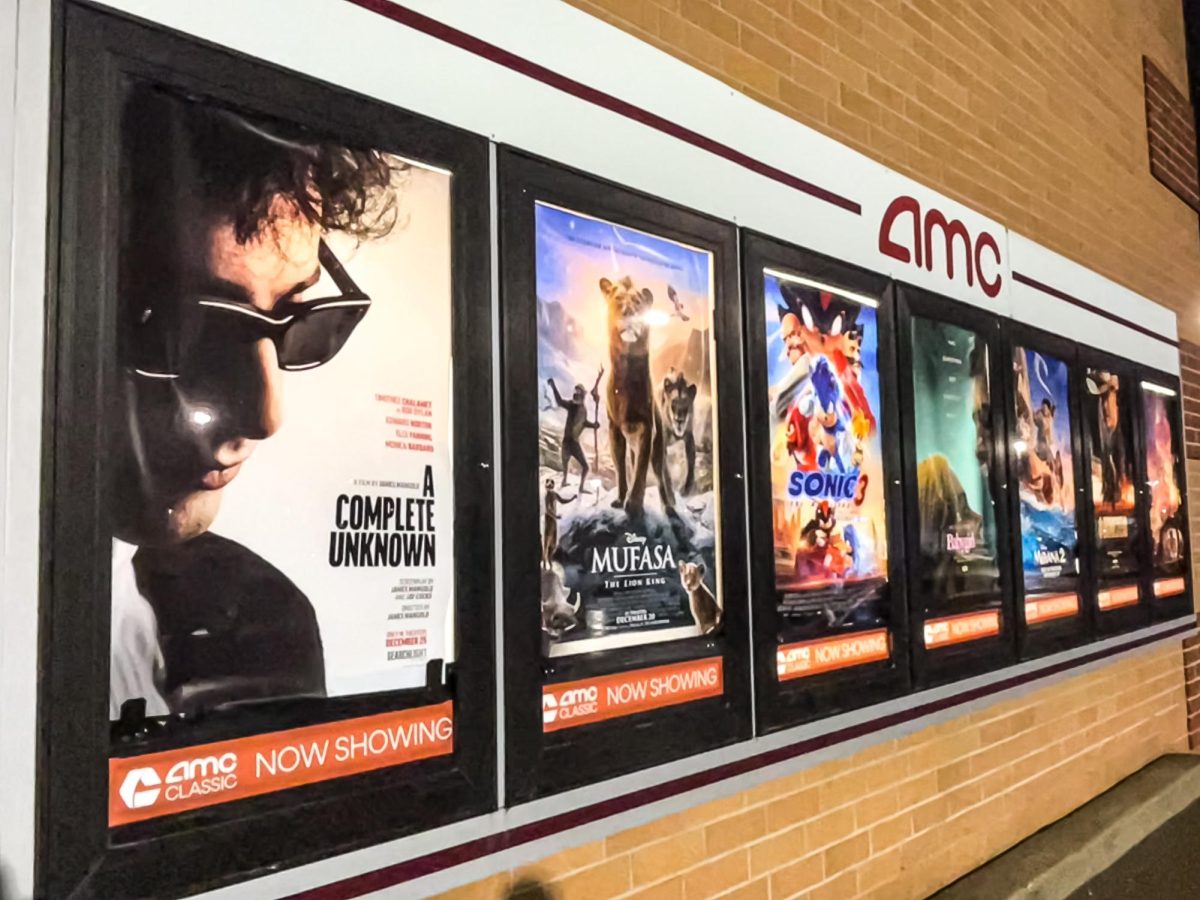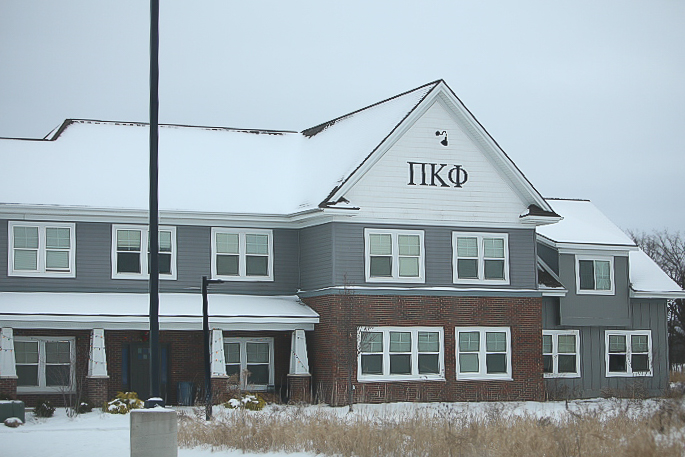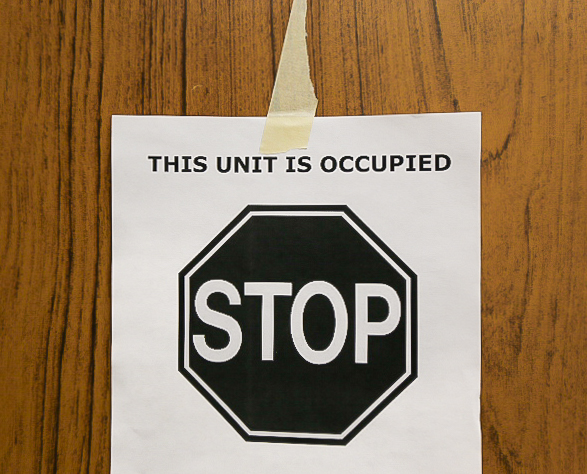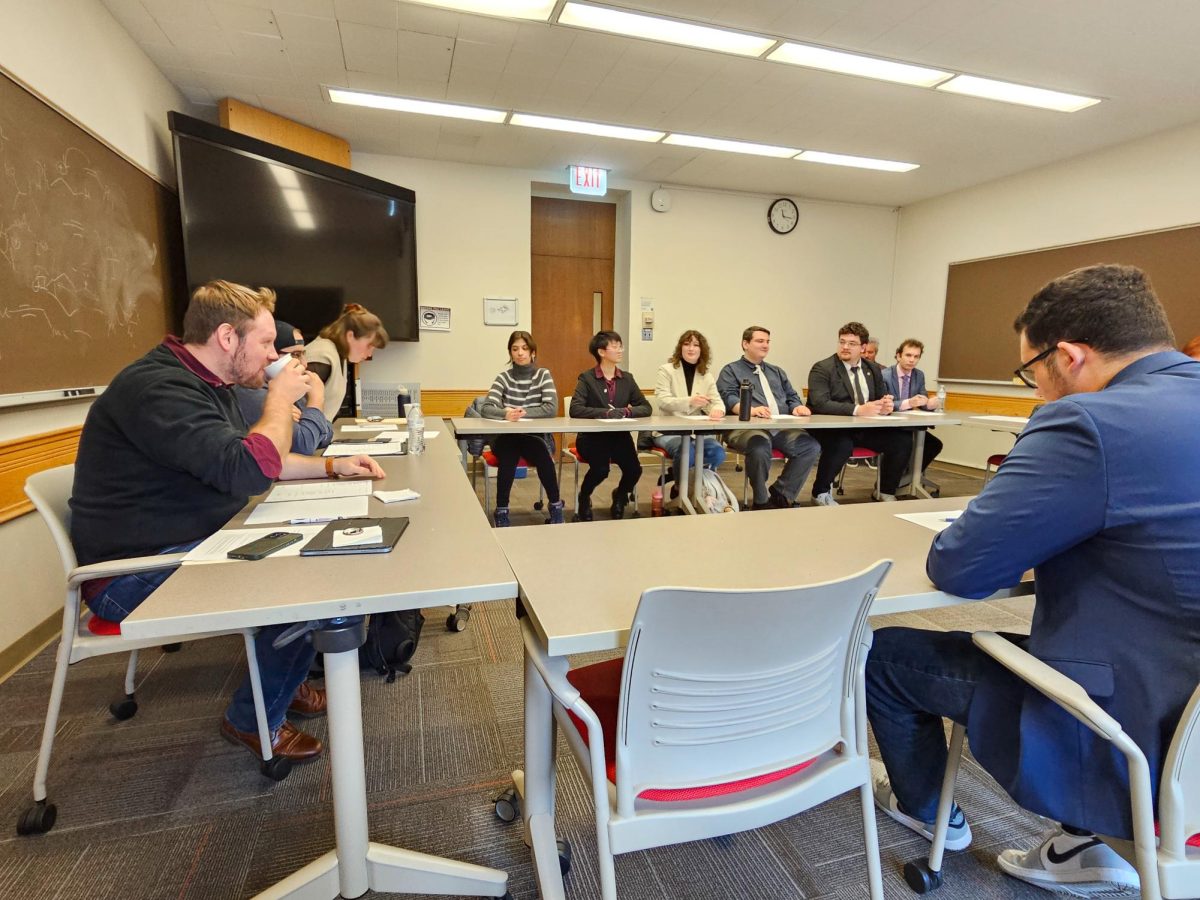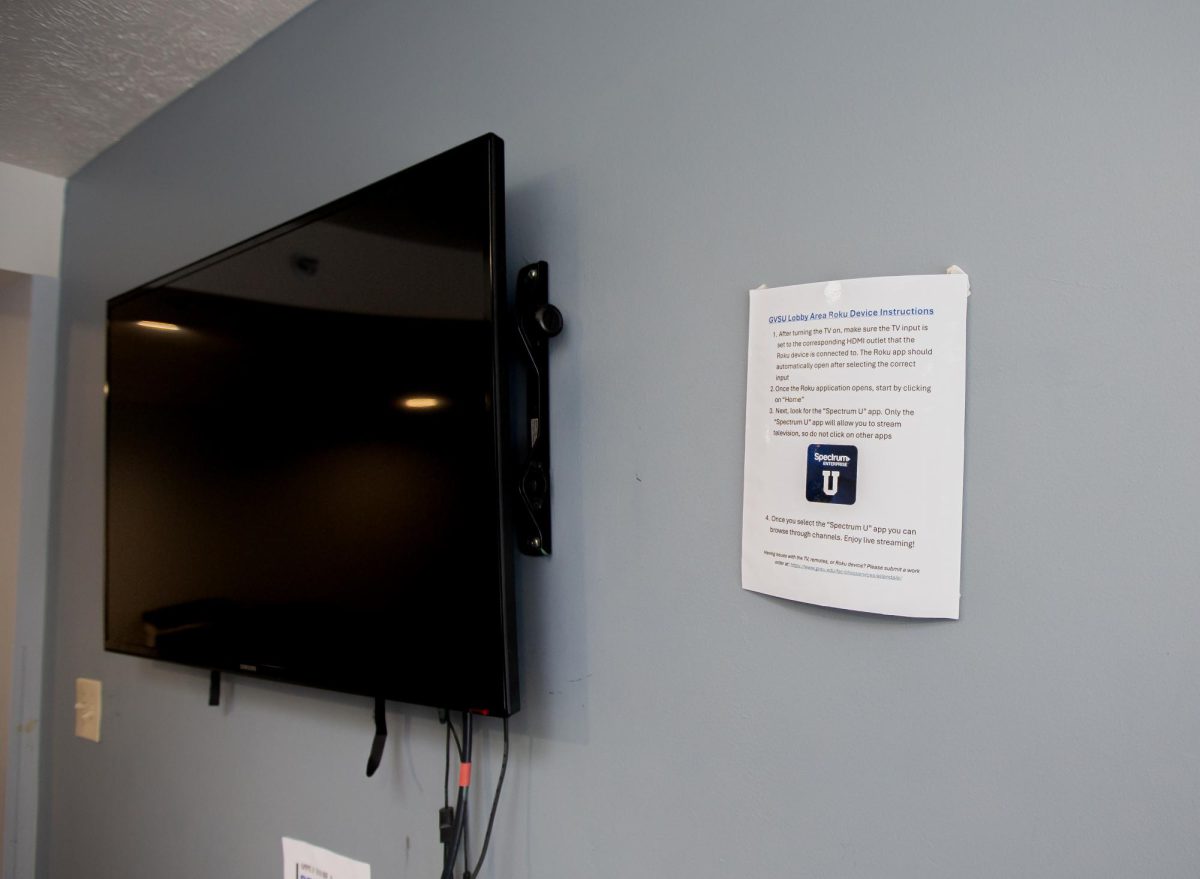Civil Discourse
Jan 27, 2014
Communities are formed by open communication, and they continue to be shaped by it. We discuss acceptable laws and common rules to abide by, and then, through civil debate, we agree on the most reasonable. When changes are called for or the status quo needs evaluation, we open discussion in the form of argument to ensure that all ideas are heard and given fair assessment. Then, still using means of effective communication, we make informed public decisions to implement social improvements.
Because communication is so essential to community building, it’s important that the individual bodies comprising GVSU remember how to engage in respectful dialogue regarding public issues so that true negotiations take place. When GVSU’s members see a problem that needs fixing, they must be mindful of their rhetorical strategies to ensure that their views are not only heard but given fair consideration.
Thus, as we at the Lanthorn promote open dialogue, we necessarily discourage acts of graffiti, which run counter to the values of open dialogue.
Students, our professors at GVSU have armed us with a much-needed ability to communicate our troubles in a rational manner to ensure that our ideas are received seriously. Let’s use what we’ve developed to call for social change rather than reverting to anonymous displays of expression on public buildings (which does, by the way, require tuition money to remove).
We need our ideas to be used for change. Otherwise, what is the point in expressing them at all? If you want your ideas considered seriously, then consider the effect of vandalism: administrators will likely be unable to remove themselves emotionally from the sight of a crudely defaced plaque to truly and objectively assess the message intended to be conveyed. Then you’ve lost your audience and, consequently, your opportunity to sway those who matter.
We need to appeal to the emotions of our audiences, express our views, and expect open and constructive dialogue. And we, as students, professors and administrators, all need to respectfully listen to one another’s views and allow each side to respond with their representation of the issue.
The issue of vandalism has called attention to a broader topic that, in the midst of campus-wide debates, we thought we should examine. As communications students, we at the Lanthorn have a little experience studying public discourse and argument, so we thought we’d provide a few tips to effectively negotiate your requests:
First, form an opinion based on your own critical thinking. Students are too often compared to sponges who soak in anything and everything expressed by the professors and people of “authority” in any field. Some blindly accept the status quo and adopt agreeable opinions without further exploration. But we need to learn to challenge all rational and compelling views and honestly ask ourselves which of those views we accept as our own.
Then have the courage to state your opinions and put them forth for public debate — especially if they are minority views. Too often do classroom discussions turn into a useless bleating of people reaffirming one another’s mainstream viewpoints, which are constantly recycled for ready-made use. As a result, some students are too afraid to express their opinions when they are considered minority. Don’t let that happen. Speak your piece and join in the conversation.
And be sure not to hide your identity when putting forth an idea. Have the courage to own your opinion and put your face behind it. Nothing has ever been accomplished by MrAnonymous123 in the online comment sections, and no movement has been forwarded by continued graffiti on public grounds under the cover of darkness. Own your voice so that others may hear you, engage you and grow from the conversation.
It’s absolutely essential for us at GVSU — students, professors and administrators, alike — to remember how to courageously engage in civil discourse to communicate all views and ensure that all are considered before informed community decisions are made.
If we refuse, then let’s all agree to accept the status quo, because no change will ever come for us.




